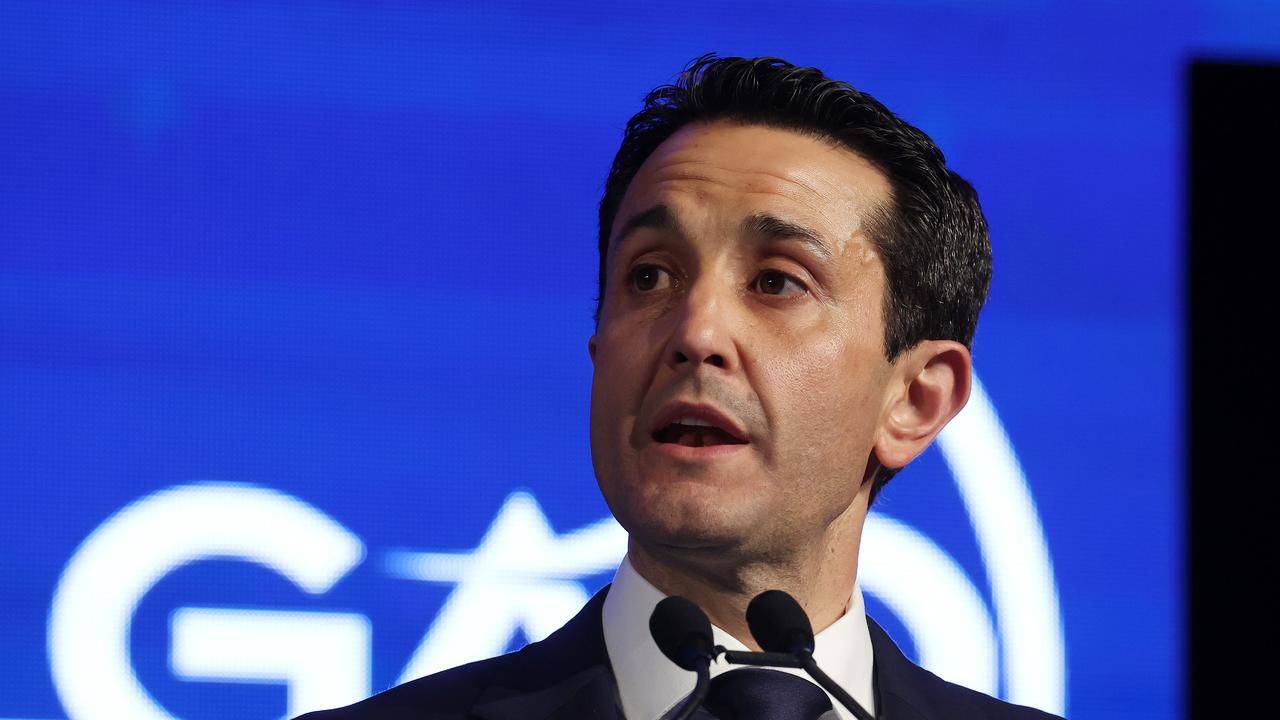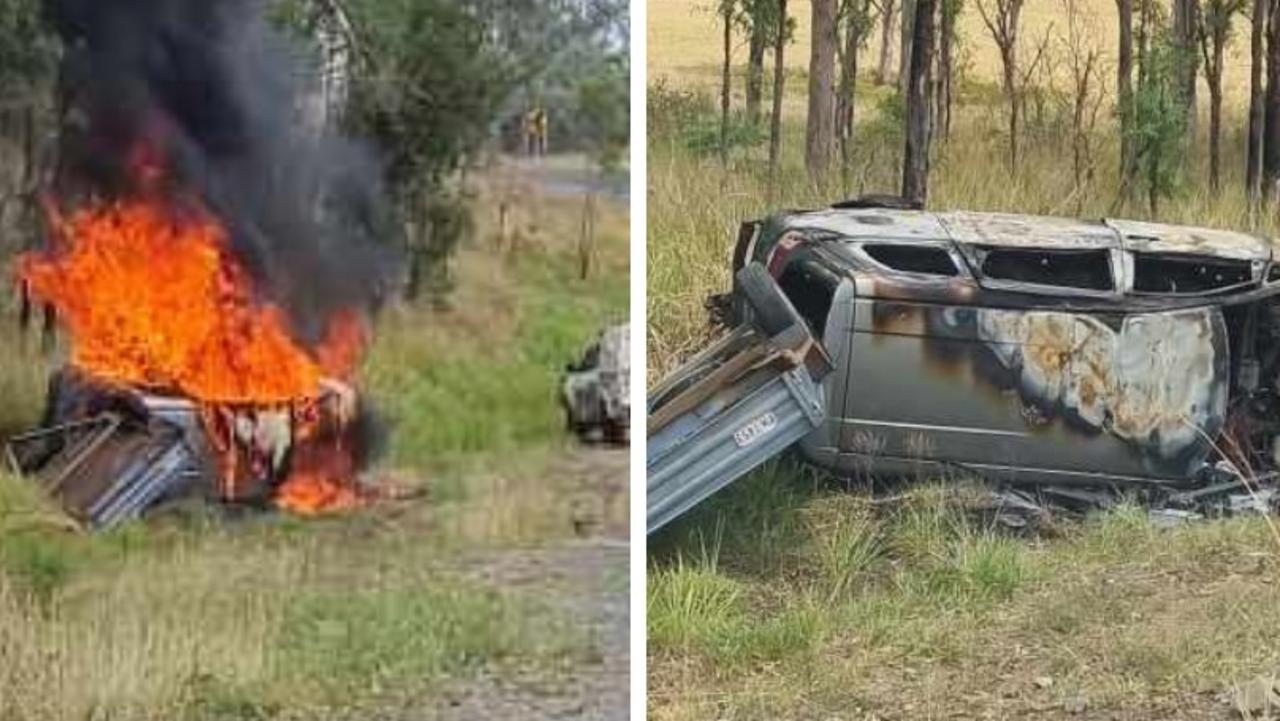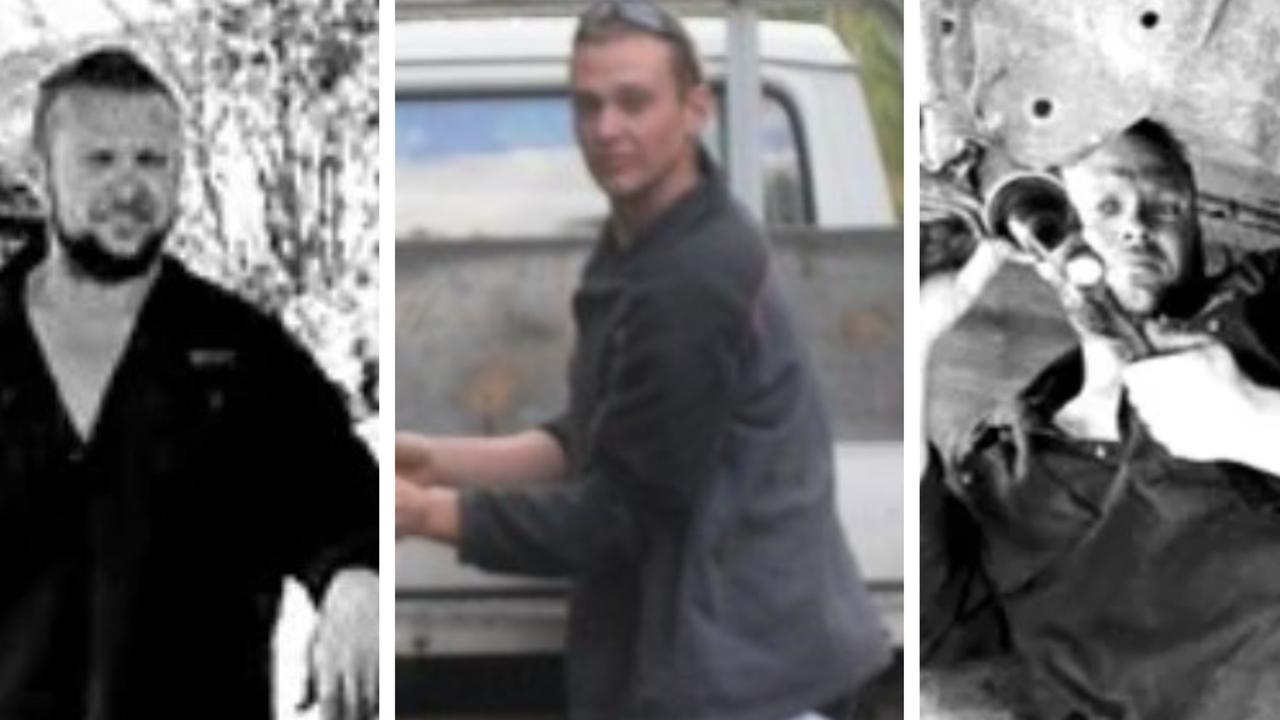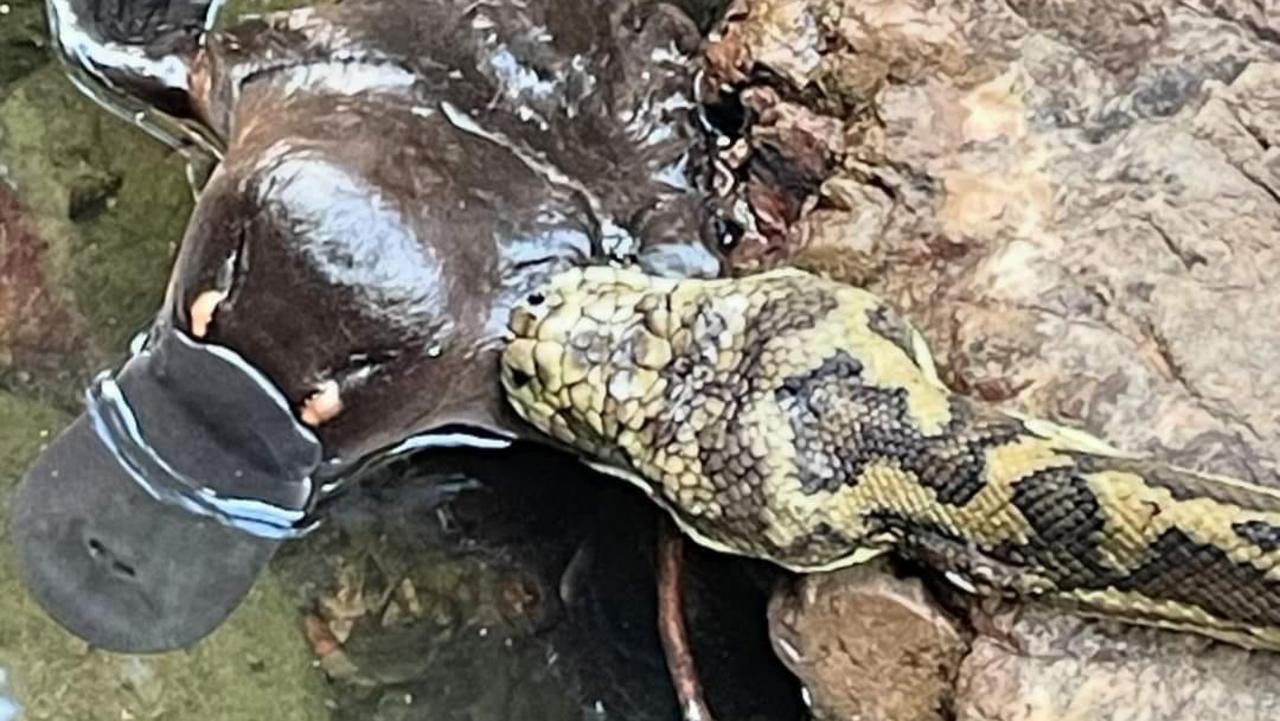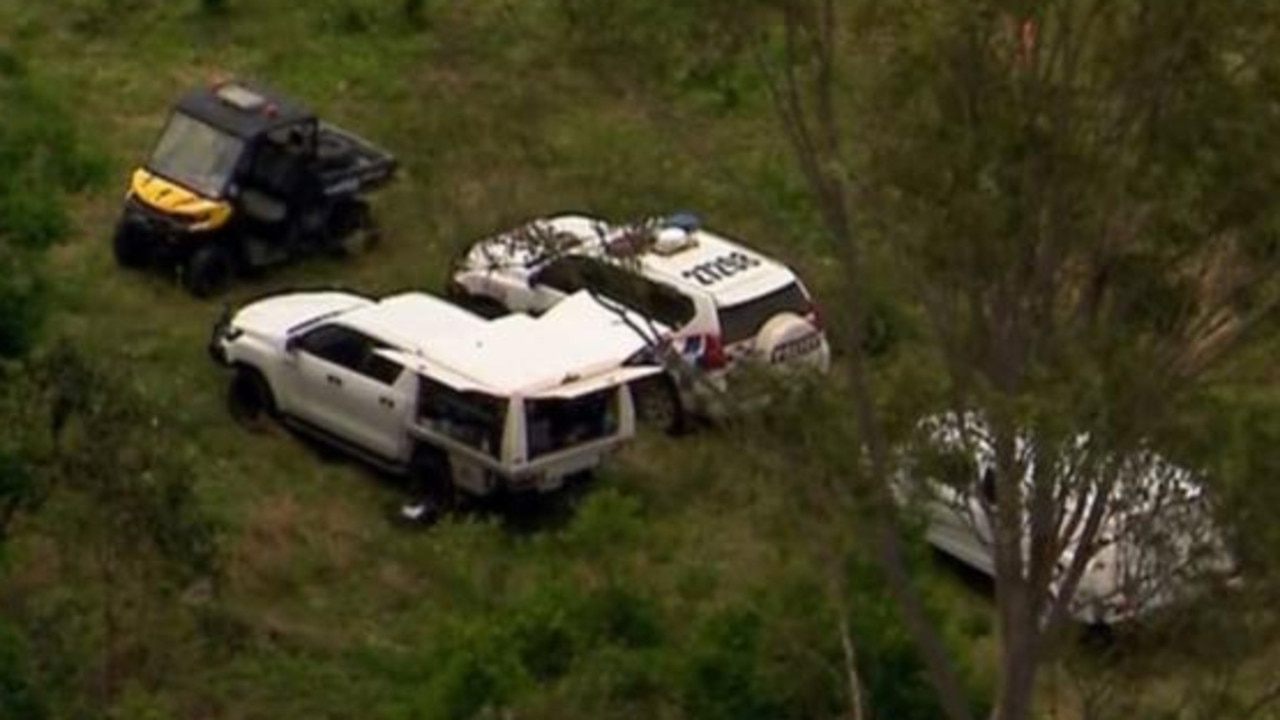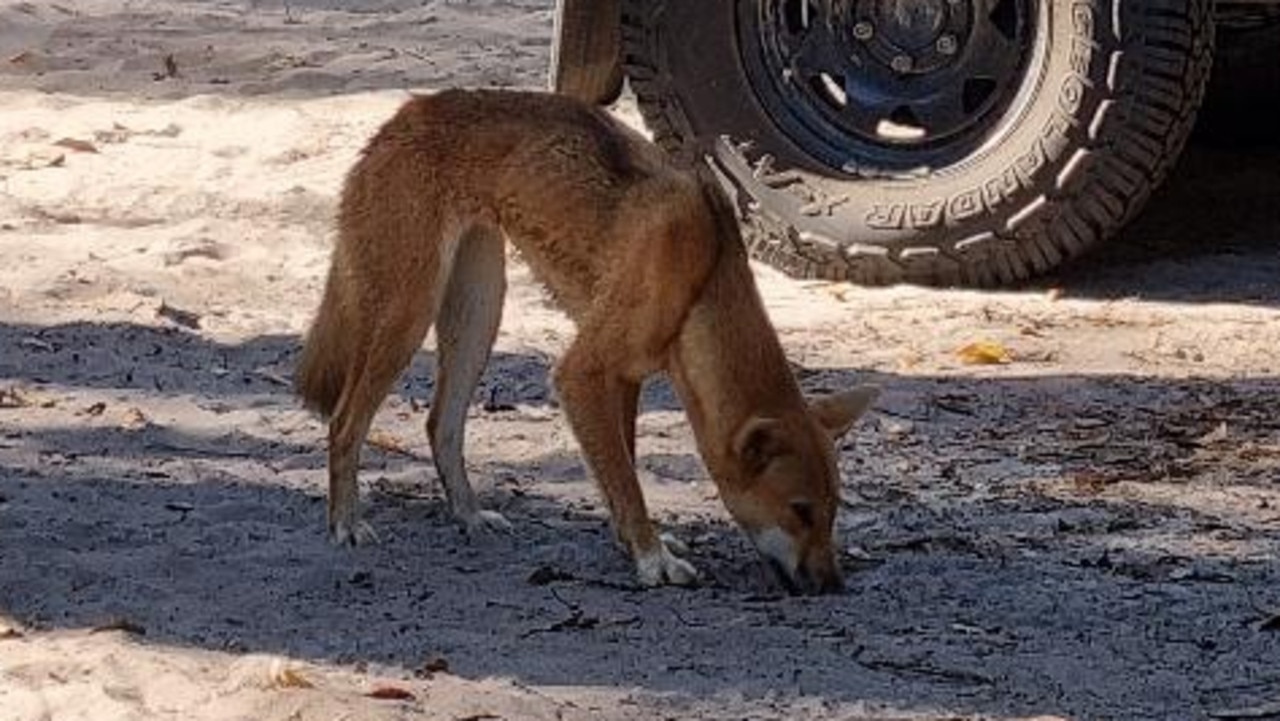The War on Waste and why it's important
I'M PASSIONATE about waste. So I beyond excited to watch Craig Reucassel's new ABC series War on Waste, the first episode of which aired last night.

Central & North Burnett
Don't miss out on the headlines from Central & North Burnett. Followed categories will be added to My News.
I'M PASSIONATE about waste.
Well, let me rephrase: I'm passionate about producing the least amount of waste that will go to landfill as I can.
Which is why I was beyond excited to watch Craig Reucassel's new ABC documentary series War on Waste, the first episode of which aired last night.
Since the program was announced I've been highly anticipating it's airing. And I was not disappointed.
The Chaser comedian has turned his focus to Australia's waste, and in the first episode he explored food waste: From what unused food products households chuck into the bin, to the gigantic amount good food that is dumped before it even reaches supermarket shelves in the first place.
Our world's plastic problem: How you can help
It was a highly enlightening program, I felt.
The message was clear: The amount of food waste we have in Australia alone is unacceptable.
Australia's waste is growing at twice the rate of its population and the country is now one of the worst in the developed world when it comes to generating rubbish.
One shocking moment came when Mr Reucassel revealed that up to 40% of bananas are thrown away by farmers because they were too long, too short, too bent, or too straight for supermarket standards.
Ridiculous, right?
Over the last eight or so months I've been learning about the zero waste lifestyle and have been adopting more and more strategies in my life to cut down on my waste.
5 things I'm doing to live a more sustainable life
From always carrying a reusable coffee mug, food container, napkin and spork with me in case I'm in need of a coffee hit or get peckish so I can avoid plastic single use products, to purchasing stainless steel straws so I can stay away from the plastic nasties that may end up in a seabird's belly, to shopping bulk using canvas produce bags and reusable containers in order to avoid food packaging (I did away with plastic shopping bags years ago, it only made sense to not be using those plastic fruit and veggie bags too), to even rethinking my cosmetics, beauty and personal care products.
And let me tell you - it's really not that hard to implement these small changes - that make a big difference - into your life. It's actually pretty easy.
My zero waste journey started when I saw a TED Talk by a young NYC woman called Lauren Singer, who runs a blog called Trash is for Tossers, and has all of her trash from the last three years tucked neatly into one tiny mason jar.
I then began reading books like the Zero Waste Home, by Bea Johnson, who also has a similar mason jar, as well as Plastic Free by Beth Terry.
After learning about the wastefulness of our earth's population, I have become acutely aware of any situation of wastefulness - while others may not even blink at the single use plastic bags at the supermarket, or the plastic straw they pop into their drink at the bar, or the non-recyclable takeaway coffee cups carried by those around of a morning, I cringe, and feel a deep feeling of sadness mixed with frustration.
But it's not the consumer's fault - we've been doing things this way for years. These single-use plastic items, a convenience, are so ingrained in our world that not many people think twice about the impacts of them.
That's why I'm so grateful for a show like War on Waste airing on a free-to-air, national TV channel.
Get on board with Plastic Free July campaign
Not only was the host entertaining, but Mr Reucassel also appears to have done a lot of research on the issue even before embarking on this project.
He's real about the struggles of interviewing large corporations like Coles and Woolworths about waste, and uses a down-to-earth manner and language when discussing food wastage on a personal level - leaving the viewer not feeling guilty for their wasteful habits, but rather empowered to make a difference on a personal level.
The 'street challenge', where a group of residents were shown in the program undergoing their own project, led by Mr Reucassel, to lessen their food wastage, was an effective way to shine a light on how others can do the same, in a not-at-all boring and tedious way.
As a result I feel this program has the ability to make a big impact, if Australia decides to stand up and take note.
How to cut down on food waste:
Only buy what you need. If you only need two apples, don't feel the need to buy the packaged pack of six. Grab two loose ones instead (plus you cut down on plastic packaging this way too!)
Make a conscious effort to use what is currently in your fridge and pantry. Get inventive - make up a new recipe, instead of attacking a new recipe and buying a heap of new ingredients, leaving other foods to go to waste in your home. Who knows what you'll come up with!
Dispose of your food waste responsibly:
- At home you could create a compost pile, or worm farm. There are lots of options depending on your situation, whether you live on a big property, suburban home, or city apartment. Have a google and see what you can come up with.
- Make use of your local council's organics bins - see below for information about Northern Rivers Waste, which services the Lismore City Council area. See your own council's website to get further information about their specific green bin requirements if needed.
What can go in your Green bin:
- Fruit and vegetable scraps
- Grass clippings and leaves
- Pruned garden waste, twigs and small branches
- Soiled paper/cardboard, i.e. pizza boxes and paper towel
- Meat and fish
- Pasta, bread and rice
- Shredded paper
What can't:
- Large amounts of soil
- Treated timber
- Plastic bags or plant pots
Hints and Tips:
To prevent smells occurring in your organics bin from fruit and vegetable scraps, try the following:
- Keep the bin in the shade.
- Try layering your fruit and vegetable scraps with other green waste (lawn clippings, leaves etc).
- Wrap vegetable scraps in newspaper.
- Hose out your bin onto the garden or lawn after it is emptied.
- Use compostable liners purchased through Council (or newspaper) to collect your kitchen scraps before placing them in the green bin.
Originally published as The War on Waste and why it's important

